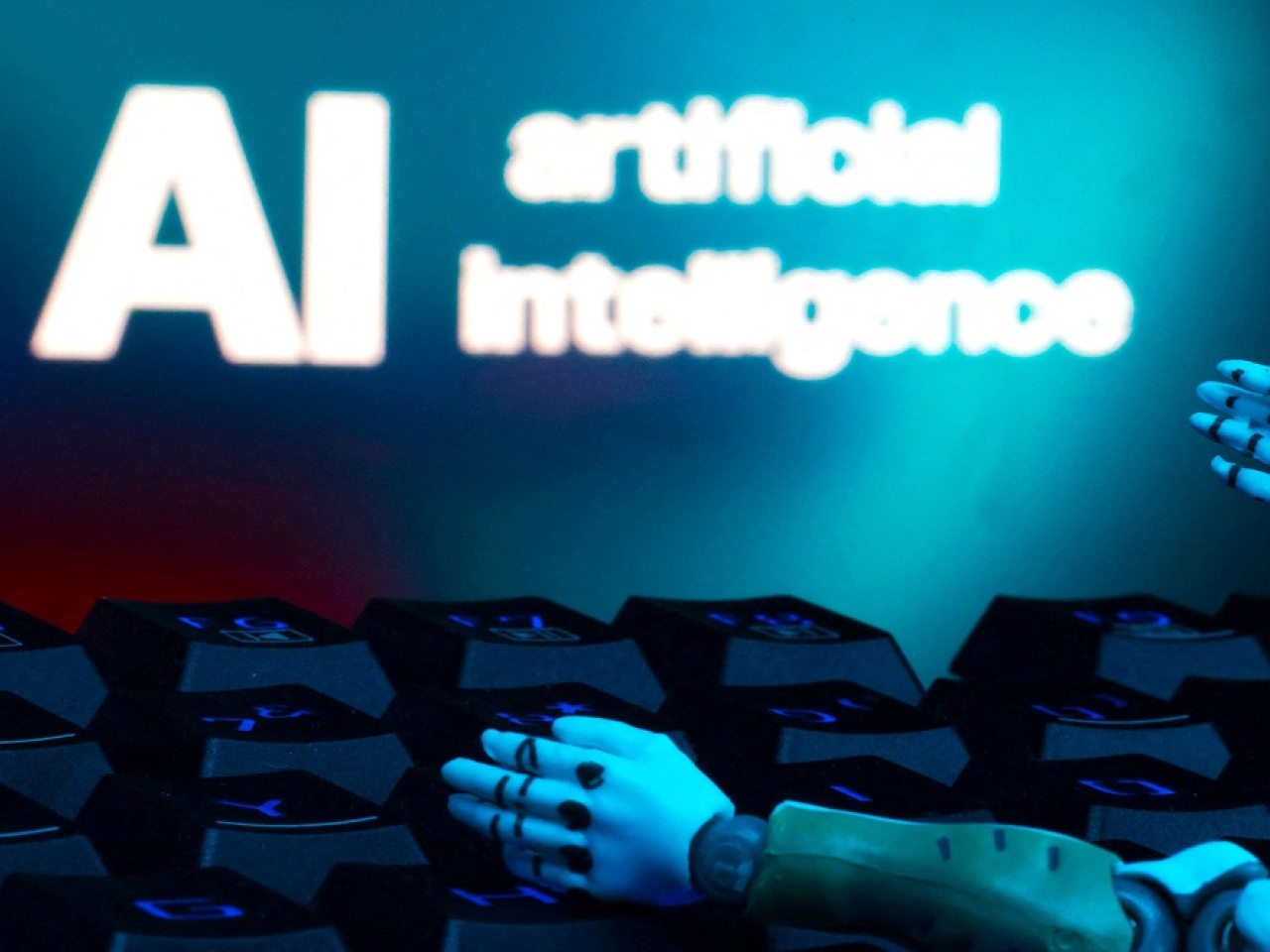Warner Music Group and AI startup Udio announced on Wednesday they have settled a US copyright lawsuit and struck a deal to cooperate on a licensed artificial intelligence music creation service.
The landmark agreement resolves litigation between the major label and Udio, while establishing what the companies described as a "clear framework" for developing AI-powered music tools that compensate artists and songwriters.
The settlement comes as the music industry grapples with the rapid rise of generative AI tools that can create songs mimicking artists' voices and styles, raising thorny questions about copyright, compensation and creative control.
The agreement follows a first-of-its-kind deal struck between Universal Music Group and Udio last month to work together on the new service, which will launch in 2026.
Udio – backed by investors including Andreessen Horowitz and will.i.am – and other AI companies like OpenAI have been accused by major record companies of using their songs to "train" artificial intelligence models which can produce music that apes human artists.
The service uses artificial intelligence to generate complete songs from text descriptions provided by users.
Udio will build a platform allowing users to create remixes, covers and new songs using the voices and compositions of participating artists, who will be credited and paid for their work.
"This collaboration aligns with our broader efforts to responsibly unlock AI's potential," said Robert Kyncl, chief executive of Warner Music Group, which operates labels including Atlantic, Elektra and Warner Records.
The new service marks a significant shift for Udio, which will transition to a fully licensed platform built "in collaboration with artists and songwriters," the companies said.
The agreement covers both Warner's recorded music catalogue and its publishing business, Warner Chappell Music, which holds over one million copyrights. (AFP)





